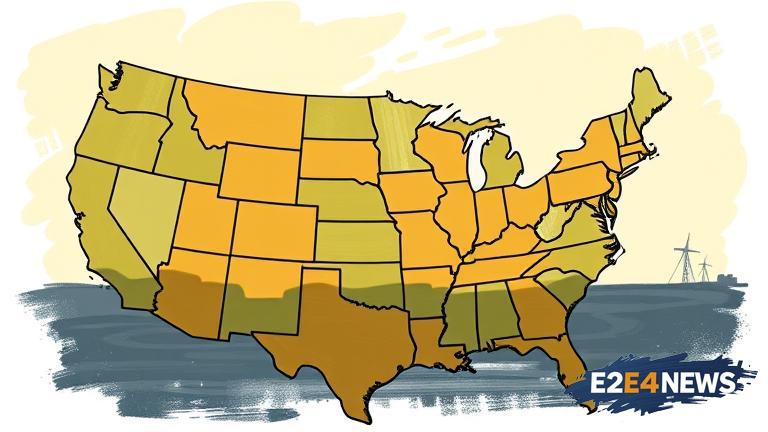The US insurance industry is facing unprecedented challenges as claims continue to rise, driven in part by the growing frequency and severity of climate-related disasters. According to recent data, the number of claims filed has increased significantly over the past year, with many insurers struggling to keep pace. This surge in claims has resulted in substantial losses for the industry, with some insurers reporting record-breaking payouts. The situation is further complicated by the ongoing impact of climate change, which is leading to more frequent and intense natural disasters such as hurricanes, wildfires, and floods. As a result, insurers are being forced to re-evaluate their risk assessments and adjust their premiums accordingly. However, this has led to concerns over affordability, with many policyholders facing significant increases in their insurance costs. The industry is also facing scrutiny over its handling of claims, with some critics arguing that insurers are not doing enough to support policyholders affected by disasters. Furthermore, the rise of climate-related disasters has highlighted the need for more robust and resilient infrastructure, with insurers playing a critical role in promoting sustainable development. Despite these challenges, the US insurance industry remains a vital component of the country’s economy, providing essential protection for individuals and businesses. Nevertheless, the industry must adapt to the changing landscape and find innovative solutions to mitigate the impacts of climate change. This may involve investing in new technologies, such as artificial intelligence and data analytics, to better assess and manage risk. Additionally, insurers must work closely with policymakers and other stakeholders to develop more effective strategies for managing climate-related risks. The industry is also exploring new products and services, such as parametric insurance, to provide more targeted support for policyholders affected by disasters. However, these efforts will require significant investment and collaboration, highlighting the need for a coordinated approach to addressing the challenges facing the industry. As the US insurance industry continues to evolve, it is likely that we will see significant changes in the way that insurers operate and interact with policyholders. This may involve more personalized and tailored insurance products, as well as greater emphasis on risk prevention and mitigation. Ultimately, the industry’s ability to adapt to the changing landscape will be critical in determining its long-term sustainability and success. The US insurance industry is a complex and multifaceted sector, with a wide range of stakeholders and interests. As such, it is essential that the industry works collaboratively to address the challenges it faces, while also promoting innovation and sustainability. By doing so, the industry can help to build a more resilient and adaptable economy, better equipped to withstand the impacts of climate change. The industry’s response to these challenges will have significant implications for policyholders, businesses, and the broader economy, highlighting the need for a comprehensive and coordinated approach. As the situation continues to unfold, it is likely that we will see significant developments and innovations in the US insurance industry, driven by the need to address the mounting challenges it faces.
